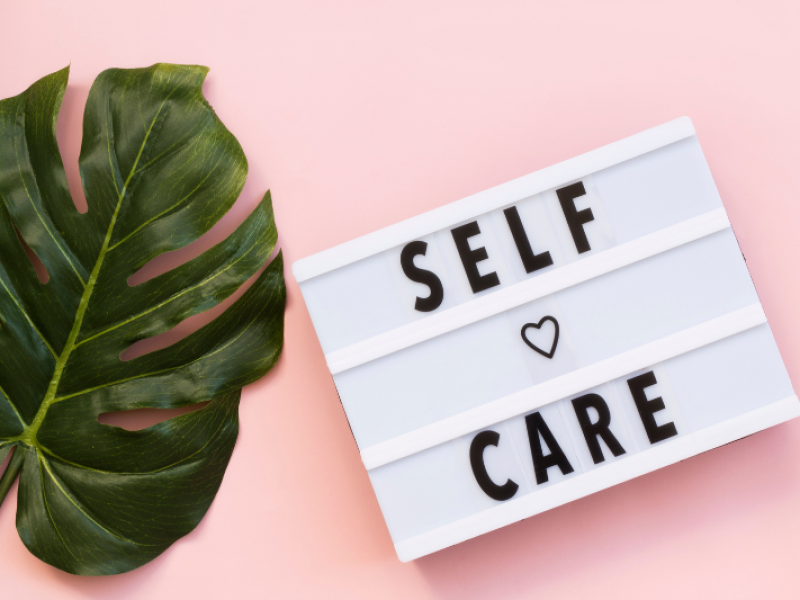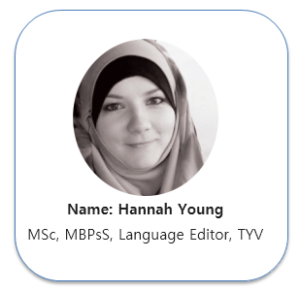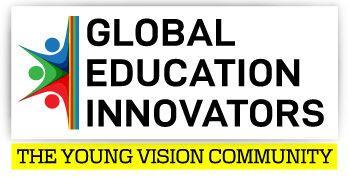Self-Care in a Cold World

 As I was reading through Swathy’s article for this issue of TYV, I started to reflect on the current state of our world, and the impact it has on our lives and even our wellbeing. When I think about what challenges the world was facing when I was a young adult, I can hardly name one. This is not to say that the world wasn’t seeing the suffering and tension we see today, but I suppose I just wasn’t aware of it.
As I was reading through Swathy’s article for this issue of TYV, I started to reflect on the current state of our world, and the impact it has on our lives and even our wellbeing. When I think about what challenges the world was facing when I was a young adult, I can hardly name one. This is not to say that the world wasn’t seeing the suffering and tension we see today, but I suppose I just wasn’t aware of it.
I got my first mobile phone when I was about 15. It was a Nokia 5110. I could use it to call, send 10 pence texts of about 100 characters, and play Snake to my heart’s content. I didn’t cotton on to social media until my second year at university, when I set up a MySpace account. I suppose I watched the news on TV from time-to-time, and had an awareness of the world around me, but I was happily naïve to what was happening outside my own, extremely small world.
Contrast that to the lives of today’s young people: I’m sure many of you, like I do, regularly check social media and news platforms to keep up with the latest news. We deliberately (and rightly) expose ourselves to multiple news agencies to see ‘all sides’ of a story. We open social media feeds only to be faced with images that are all too often harrowing. We scroll through Twitter and read, in real-time, the personal accounts and experiences of people halfway around the world who are experiencing untold fear or suffering. It’s all there, ready to access in a split second.
Now, I’m not saying this is a bad thing in itself – information is empowering, and I would encourage all of you to stay informed and vow to work towards small changes that could make a big difference in this world – but we can’t underestimate the emotional impact of this constant bombardment. We have to make sure we stay informed, but don’t allow the emotion and frustration to get us down. So here are some tips on self-care in a cold world.
Allow just one source of information
Part of the feeling of being overwhelmed by negative news comes from the fact that it seems to come from all angles. Facebook, Twitter, news feeds… Instead, try choosing just one source of information. Unfollow accounts on your social media platforms that post upsetting images or stories. Try to minimise the chances of ‘stumbling upon’ stories you’re not prepared for.
Restrict your time
Ever had that experience where you start to read one story, and before you know it you’ve wasted an hour reading comments and links to the same story elsewhere? Avoid this slippery slope. Allow yourself a certain amount of time to read-up on the latest news, inform yourself, and then walk away. You could even give yourself a ‘detox’ day or two each week – where you don’t allow yourself any exposure at all.
Remember the positive
It’s all too easy to look at what’s happening around the world and see a very bleak picture. But small and big acts of kindness happen every day, and can restore our faith in humanity. Look at the human response to crises – community reactions to natural disasters, acts of charity towards people fleeing to safety. It’s important to remember that people are, generally, good. Be a restorer of faith in humanity and look for ways that you can spread small acts of kindness every day.
Talk to like-minded people
Instead of allowing your own thoughts to go around in circles, chat to friends, family and peers about what you see, read and think. Share your thoughts and you’ll realise that other people feel the same as you do. As Swathy mentioned in her article, peace can often seem out of reach, and perhaps it is. But talking can help you to make peace with the things you read. And why not see if you can turn it into a positive by agreeing to get involved with a discussion group or charitable organisation?
Allow it to inspire
If you find watching or reading the news leaves you dismayed and frustrated, think about the future you want and how you can contribute to it. Look into studying Law, Politics, International Relations or Peace Studies. After all, you are our future! It may not feel like you can really change things, but if enough people like you want a better world, perhaps it’s not so far out of reach!
So, stay informed and empowered, but don’t forget to look after you.
Do you have something to share? Write to us and let us know your thoughts!
Written By:
Hannah Young – MSc, MBPsS, Language Editor, TYV
